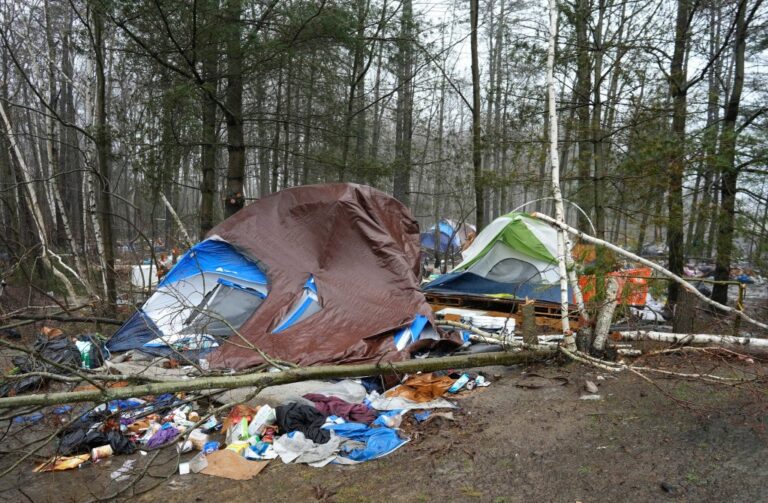The Implications of Project 2025 on US Housing: An Analysis by The New York Times
The far-right’s step-by-step scheme, Project 2025, has been the subject of recent media scrutiny, particularly given its potential to reshape the country’s future, should former President Trump return to office. However, scant attention has been paid to the implications this blueprint could have on the U.S. Department of Housing and Urban Development (HUD). To understand this more fully, I dove into Chapter 15 of the project’s blueprint, a “Mandate for Leadership” furnished by Trump’s HUD secretary, Ben Carson.
Project 2025’s proposed changes could fuel an intensifying housing and homelessness crisis, particularly in states like Maine. Key plans include reallocating funds from building affordable rental housing to single-family homeownership, prioritizing rental assistance for married households, implementing time restrictions on rental aid, prescribing work prerequisites for housing assistance, and barring undocumented individuals from availing housing aid, even those who are married to U.S. citizens.
While improvements in HUD operations are necessary, Carson’s suggested measures risk harming those in dire need of housing assistance. His purported solutions—encouraging privatisation and adopting a trickle-down strategy—may jeopardize affordable housing options for many. His endorsement for community involvement in affordable housing decisions does not take into account homeowners’ biases against it, based on fears of property value depreciation.
Carson’s promotion of homeownership as a wealth-building strategy aligns with traditional American economic principles. However, the resulting inflated profits are creating barriers for first-time buyers, thereby escalating real estate prices. In Maine, the median sale price recently reached $400,000. Policies such as the mortgage interest tax deduction (MITD), while beneficial to homeowners, show a preference towards affluent homeowners, inadvertently restricting market accessibility for others.
Equally alarming is the neglect in the Project 2025 blueprint towards potentially transformative housing models. For instance, shared equity ownership models, like low-income housing cooperatives or community land trusts, can empower lower-income families by reducing entry costs and providing long-term value while offering greater control over their living situations.
However, the lack of recognition for these models in the proposed project is concerning. Not only can they help make homeownership more accessible, but they also provide meaningful, long-term benefits for individuals and families.
Ultimately, public policy needs to consider and address the potential fallout from these proposed housing reforms. Rejecting Project 2025 in the upcoming November elections could be an integral step in preserving a fair housing market and protecting our democracy.
As we navigate the uncertainties of these proposed changes, it is critical we continue to inform ourselves and pose the necessary questions about their potential impacts. It’s worth remembering that in the fight for affordable housing, we all have a part to play in maintaining our country’s democratic values.
